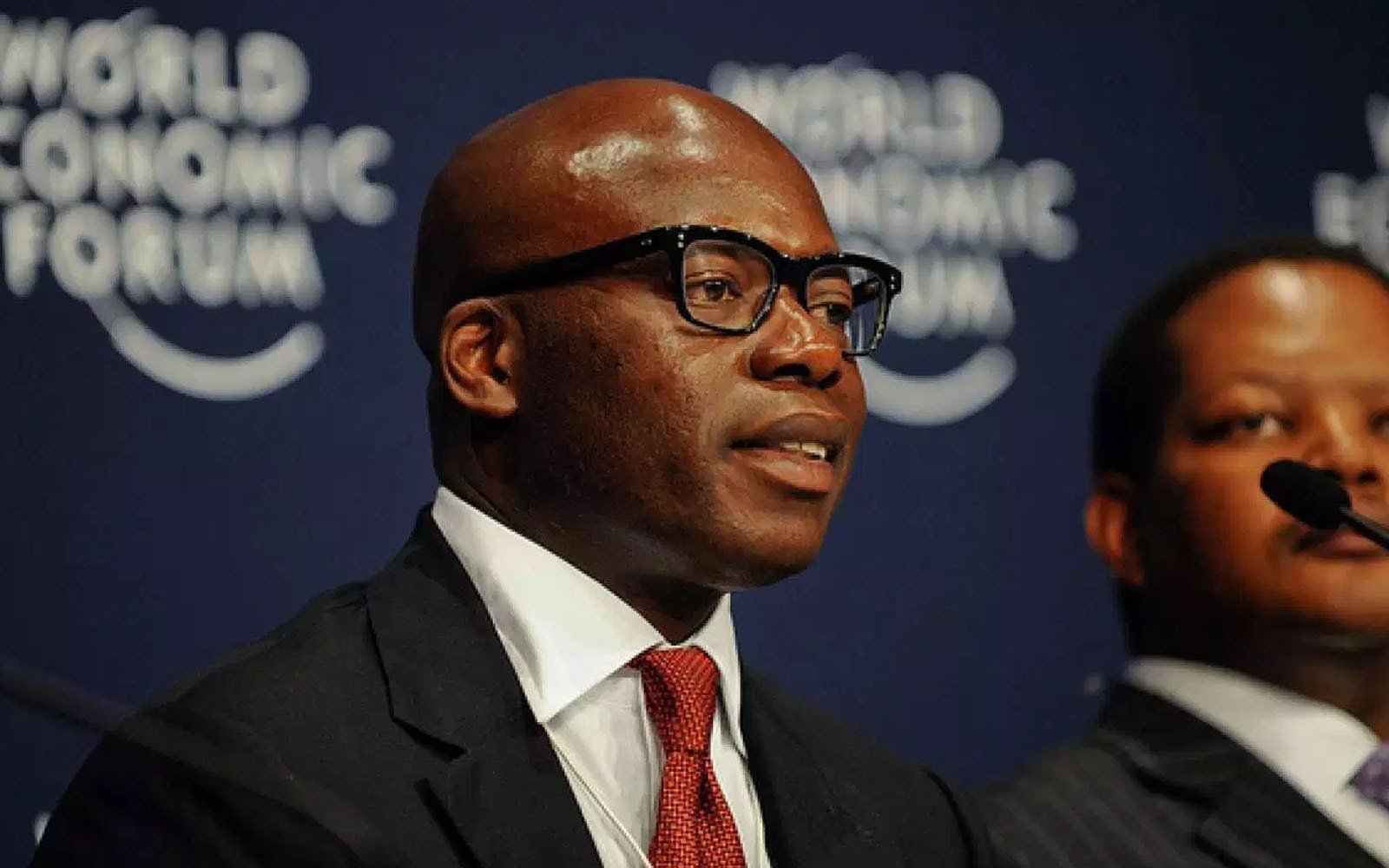
Oando Plc said on Friday that it would challenge the Securities and Exchange Commission (SEC) ruling on the outcome of its forensic audit.
The company made the disclosure in a statement issued in Lagos by its Head of Corporate Communications, Mrs Alero Balogun.
Balogun said that the company would take all legal steps to protect its business and assets, while remaining committed to act in the interest of its shareholders.
“The company reserves the rights to take all legal steps to protect its business and assets whilst remaining committed to act in the best interest of all its shareholders,” she said.
The News Agency of Nigeria (NAN) reports that SEC on Friday barred Mr Wale Tinubu, the company’s Group Chief Executive Officer (GCEO), and Mr Omamofe Boyo, the Deputy Group Chief Executive Officer (DGCEO), from being directors of a public company for five years.
These were outcomes of the forensic audit of the company instituted by the commission in March 2018.
SEC noted that it appointed Deloite Nigeria to proceed with the forensic audit.
It said that the audit revealed infractions.
The commission in a statement also directed resignation of affected board members, and called on the company to convene an extra-ordinary general meeting on or before July 1, to appoint new directors.
Balogun, however, described as unsubstantiated, the commission’s call for resignation of affected board members of Oando Plc and convening of an extra-ordinary general meeting on or before July 1, 2019, to appoint new directors.
According to her, payment of monetary penalties by the company and affected individuals and directors, refund of improperly disbursed remuneration by the affected board members to the company were also unsubstantiated.
Balogun said that the company’s attention had been drawn to a statement issued by the commission on Friday, barring its GCEO and DGCEO from being directors of public companies for a period of five years.
She said that Oando was of the view that the alleged infractions and penalties were unsubstantiated, ultra vires, invalid and calculated to prejudice the business of the company.
“The company has not been given the opportunity to see, review and respond to the forensic audit report and so is unable to ascertain what findings (if any) were made in relation to the alleged infractions, and defend itself accordingly before the SEC,” she said.














